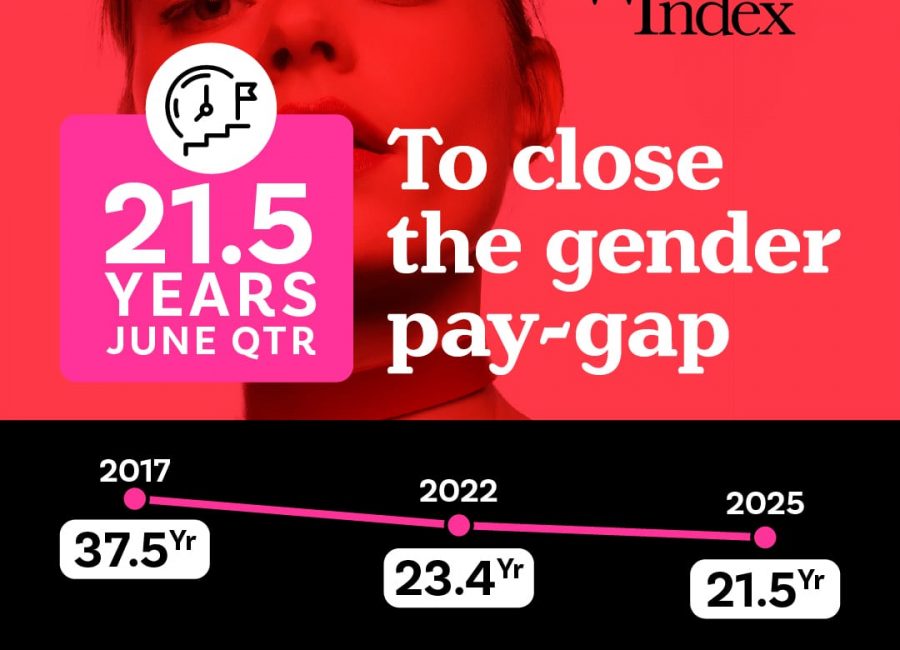The secret is to financial freedom is to manage your cash flow wisely but often this is a difficult one to do.
So how can you get back in the driver’s seat and start moving toward your goals again?
When you get paid, allocate your money into three main accounts: investment, bills and play money.
1. Pay yourself first
Put 10-30 per cent of your income into a savings account, and use it for investments only.
This money is for building your financial future, and the investments will turn into passive income for you.
Don’t dip into this account for any other purpose, even if your first instinct is to pay the bills, mortgage, and other expenses.
If you do that, you’ll have nothing left for your financial freedom!
Consider saving money equivalent to your age plus two zeros every year. In other words, it’s your age times 100.
For example, when you’re 20, your goal is to save $2,000 that year, $2100 the next year, and so on.
It’s a simple and effective way of building up your savings without compromising your lifestyle.
If we assume a five per cent annual rate of return, if you start at age 16, the save your age program should generate a retirement nest egg of nearly $500,000 over a 40-year career.
Automatically transfer the desired amount from your wages into your savings.
This will ensure it happens without you even thinking about it.
Remember, we spend what we see and we adjust our spending habits to what we have left. So make it easy on yourself – if you never see the money, you won’t miss it!
2. Bills, bills, bills
Figure out your average expenses each month and put that money into a separate bills account, so the money is available when the bills arrive.
Ideally, keep enough money here for three to six months of bills, so you have a cash cushion if your income drops suddenly.
If you have equity in your home, you can arrange a line of credit or offset account with your bank, and use this as your bills account.
That way, it’s reducing your mortgage when you top it up each month, and you have emergency money available if you need it.
3. Play money
Don’t deprive yourself. It is important to spend money on yourself so you don’t feel like you’re missing out.
So give yourself some play money each month, and spend it! You can do this free of guilt because you’ve taken care of your investments and your bills.
Review your cash flow regularly. It changes from time to time based on major life events, such as changing jobs, moving house, marriage, divorce, deaths in the family, becoming part-time while raising children, becoming full-time as the children grow, and so on.
Always focus on how much you save, not how much you earn.
In leaner times, focus on what you have rather than what you are not earning. Saving something is always better than saving nothing.
Mastering your cash flow ensures you’re living within your means and saving for your financial goals – an important aspect of becoming a financially free woman.












